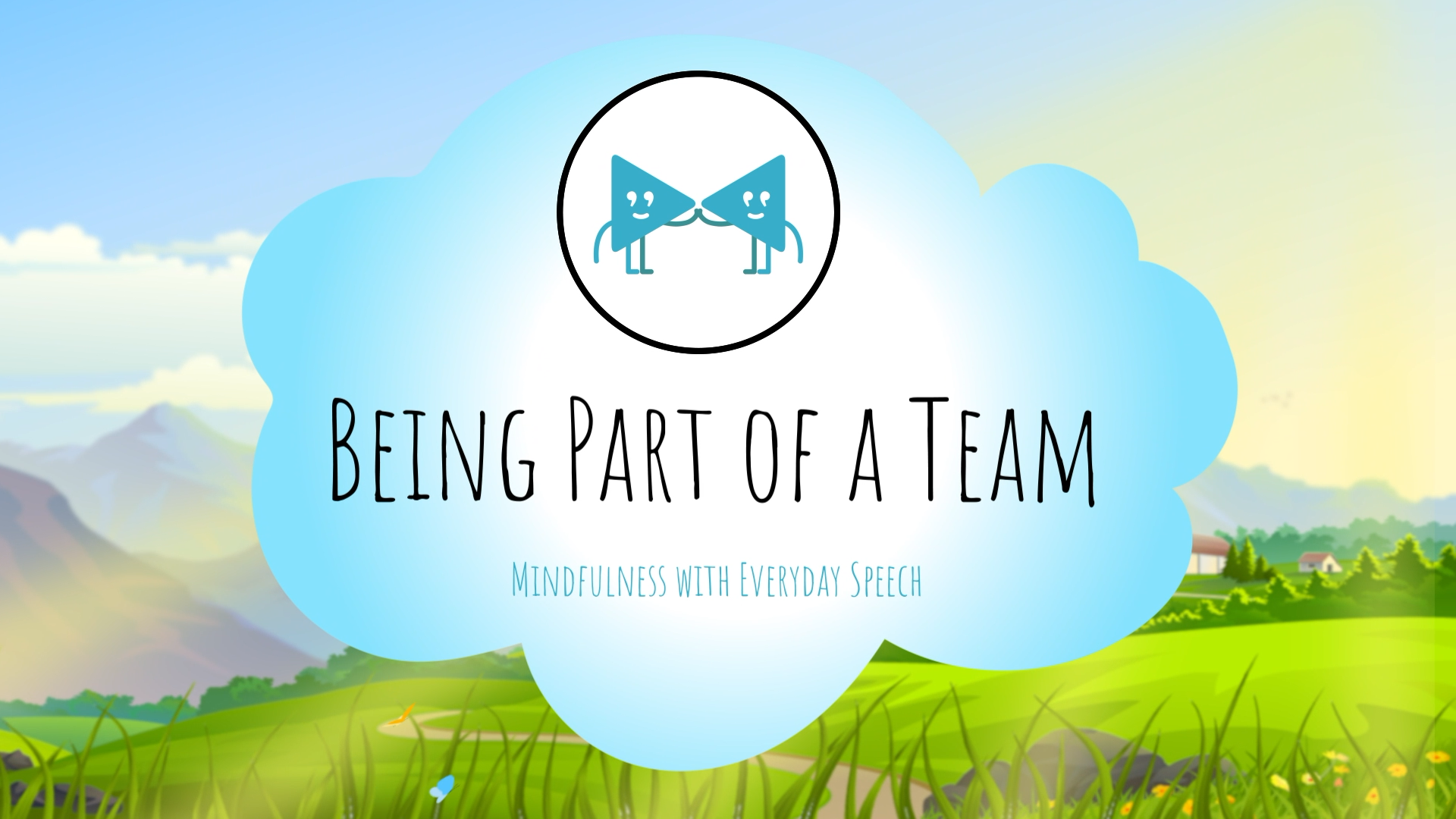Introduction
Being a team player means putting the needs of the group before your own desires. In various aspects of life, we find ourselves in teams, such as our class, family, friends, and activity groups. It’s crucial to be a good team player in all these groups to foster positive relationships and work effectively with others. In this blog post, we’ll explore an easy-to-implement activity, discussion questions, and related skills to help educators teach students how to be great team players.
No-Prep Activity
Try this simple no-prep activity to encourage teamwork and collaboration among your students:
Team Storytelling
- Divide the class into small groups of 4-5 students.
- Ask each group to create a story together. Each student will contribute one sentence at a time, building on the previous sentences.
- Encourage students to listen carefully to their teammates and think about how they can add to the story in a meaningful way.
- After a few minutes, ask each group to share their collaborative story with the class.
This activity not only promotes collaboration and teamwork but also reinforces the importance of listening, communication, and valuing each individual’s contribution.
Discussion Questions
After completing the activity, use these questions to stimulate further discussions on teamwork and collaboration:
- How did you feel when working together to create a story? Did you feel heard and valued by your teammates?
- What challenges did you face during the activity, and how did you overcome them as a team?
- How can you apply the skills you learned from this activity to other areas of your life, such as school projects, family situations, or extracurricular activities?
- Can you think of a time when you were not a good team player? How did it affect the group, and what could you have done differently?
- What qualities do you think make a great team player? How can you work on developing these qualities in yourself?
Related Skills
Teaching students to be great team players also helps them develop other essential skills:
- Communication: Being able to express thoughts, ideas, and feelings effectively is crucial for teamwork.
- Empathy: Understanding and sharing the feelings of others fosters a supportive and collaborative environment.
- Problem-solving: Working together to find solutions to challenges strengthens the team and helps achieve common goals.
- Conflict resolution: Knowing how to address and resolve disagreements within the group promotes a healthy and functional team dynamic.
Next Steps
Now that you have some strategies and activities to help teach your students how to be great team players, consider exploring more resources to support their social-emotional learning. Sign up for free sample materials at Everyday Speech, where you’ll find a wealth of resources to help students develop essential life skills.






